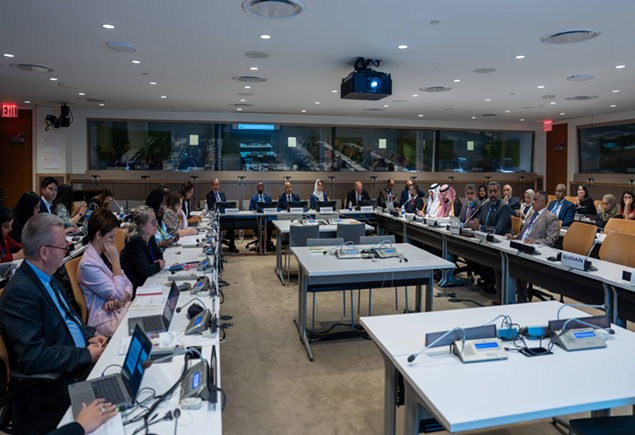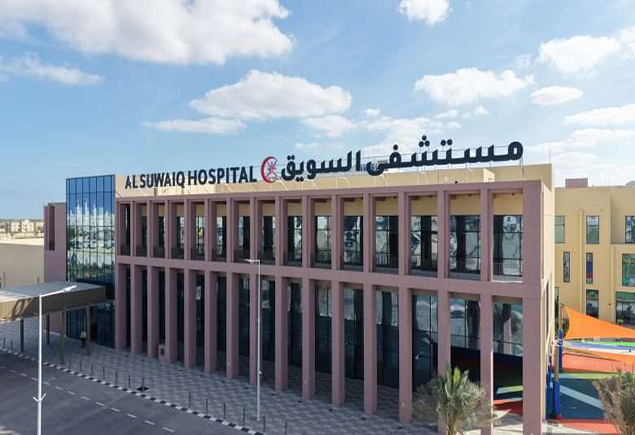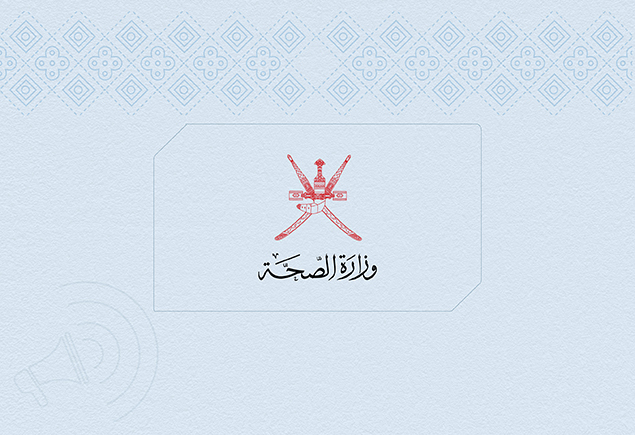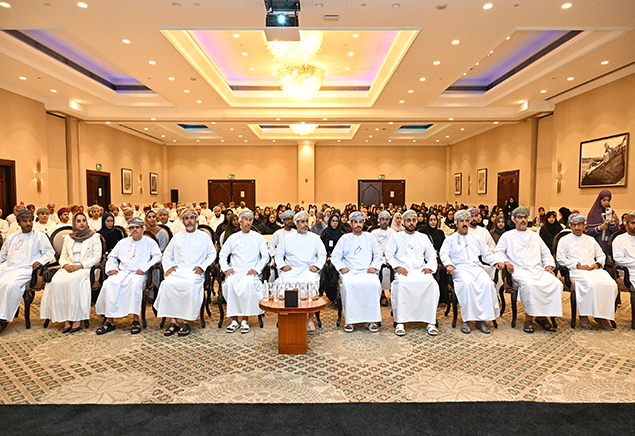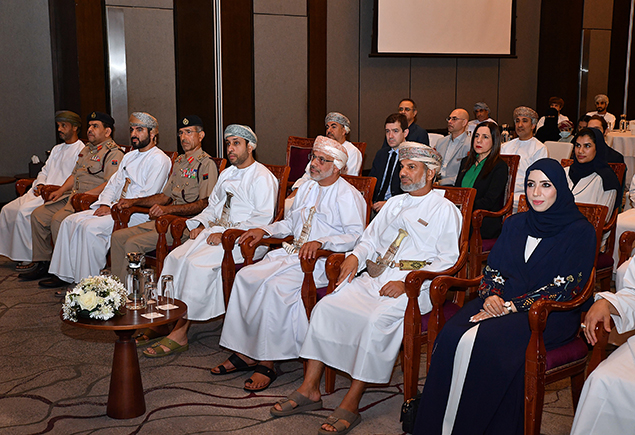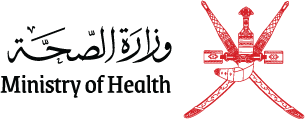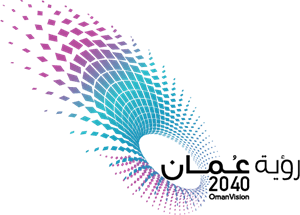On the sidelines of the 80th session of the United Nations General Assembly, which began its session on Sunday at the UN headquarters in New York, the Sultanate of Oman in partnership with Finland, Somalia, Sudan, Switzerland, and Yemen hosted on (Tuesday) a high-level side event entitled “Unity in wellness: Advancing Peace through Global Health”.
Oman Health Minister H.E. Dr. Hilal Ali Al Sabti opened the session by affirming Oman’s foreign policy which is represented in embracing dialogue, understanding, and cooperation, stating, “ We believe that health can serve as a bridge to peace—bringing communities together, building trust, and fostering resilience in the face of conflict and fragility.’’ Al Sabti further stressed Oman’s commitment to the vision and the goals of the Global Health for Peace Initiative (GHPI) road map and to the mainstreaming of the "Health and Peace” approach in Ministry’s work ensuring that programs are equitable, participatory, and sustainable.
“The Initiative, led by the World Health Organization, calls on all of us to design health programs that not only save lives but also strengthen social cohesion and promote stability,” Health Minister added.
Highlighting the acute and prolonged conflicts and emergencies of the region, Al Sabti stressed the necessity of adapting collective response to ensure minimizing the likelihood of worsening the situation on the ground and maximizing ability to help, along with achieving the health-related Sustainable Development Goals in such settings.
He confirmed that Sultanate of Oman will continue to serve as a bridge—connecting nations, fostering dialogue, and converting shared challenges into shared opportunities for a healthier, more peaceful world, reiterating in conclusion the words expressed by the DG “There is no health without peace and no peace without health."
In an address at the Health and Peace side-event, Dr. Ali Haji Adam Abubakar, Minister of Health and Human Services of Federal Government of Somalia emphasized that the link between health and peace is not theoretical but a lived reality in Somalia. Rebuilding the country’s health system amid ongoing displacement and climate shocks, Somalia has witnessed how a trusted health system can restore social cohesion and hope in conflict-affected communities. He noted that health is often the first tangible sign of peace, as seen in newly liberated areas where the government prioritized health services, rapidly deploying mobile teams, reopening health centers, and launching vaccination campaigns even in insecure zones. These efforts not only saved lives but also rebuilt trust between the government and citizens, fostering community cooperation. He concluded by highlighting that peace also enables health, pointing to ceasefires for vaccination drives as examples of how health can serve as a neutral entry point for dialogue. He called for national implementation of the Global Health and Peace Initiative, protection of health workers and facilities, cross-sector partnerships, and investment in evidence and learning.
As part of the event program, Dr. Abdullah Al-Harthi, Minister’s Advisor for International Cooperation Affairs, Oman, gave a presentation on the existing links between health and peace: the role of the Sultanate of Oman. Another presentation was delivered by Elizabeth Marie Spear, Assistant Secretary-General for Peacebuilding Support, on the management of political affairs and peacebuilding (DPPA).
Professor Mohamed Yakub Janabi, Regional Director of WHO African Region, also gave a presentation on health and peace, while Dr. Asmus Hamersh, Director of Non-Communicable Diseases in the WHO Eastern Mediterranean Region, reviewed the reality of non-communicable diseases in emergency situations and the role of the Global Health and Peace Initiative.
Dr. Inmaculada Vazquez, Global Lead for Humanitarian Representation and International Operations Coordinator for the Médecins Sans Frontières (MSF) International Office, gave a presentation on protecting healthcare and health workers during times of conflict. The presentations concluded with Dr. Beth Stinchcomb, representative of the International Federation of Medical Students’ Associations, who delivered a visual presentation on "The Role of Youth in the Global Health and Peace Initiative."
Her Excellency Dr. Hanan Balkhy, WHO Regional Director for the Eastern Mediterranean, presented the summary and final recommendations.
The event resulted in the launch of new commitments to integrate health and peace into national and international policies, and a set of recommendations was submitted to the United Nations General Assembly to support the global health and peace agenda.
This event aimed to highlight the pivotal role of health in consolidating peace and development, review best practices and international experiences, and promote multi-sectoral partnerships to build more resilient and stable health systems around the world.


